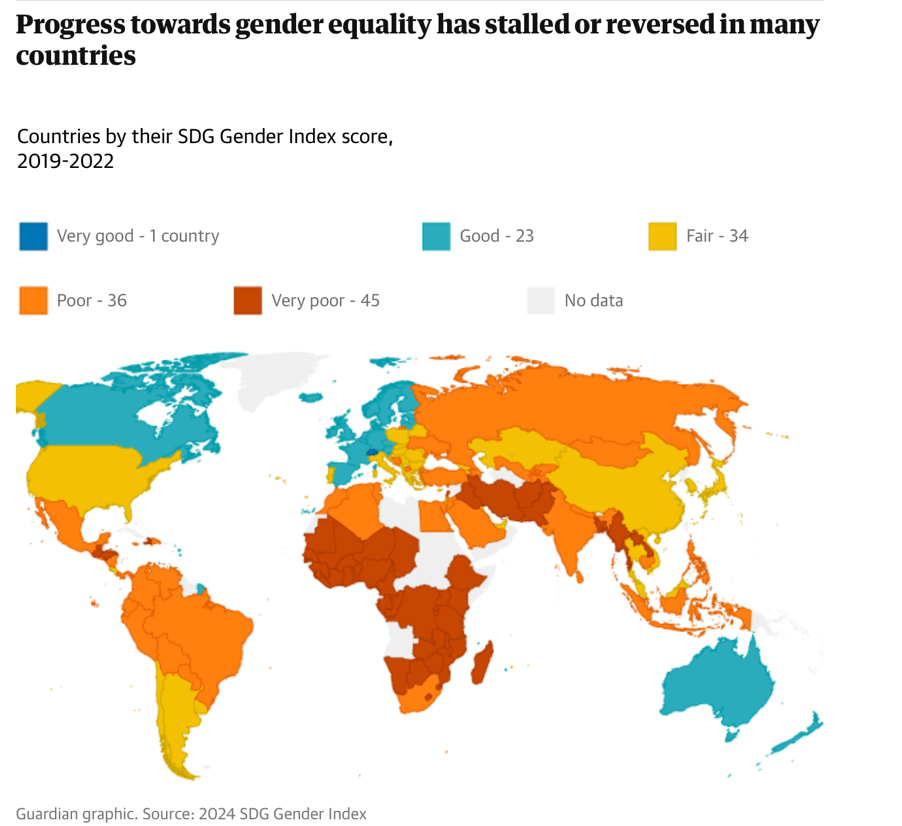Kosovo After 25 Years: Creating An End To Conflict And Peacekeeping
- UN House Scotland

- Sep 27, 2023
- 2 min read
Words by Lucy Harrow
On the 19th of September 2023, at a Reception at the Scottish Parliament the important peacekeeping role of the UN is recognized. Aided by speakers and photodocumentary from Nick Sidle, with storytelling narrative from Sitakumari both from the civil society charitable organization, Heartstone, we receive an understanding of the resolution of the ethnic violence in Kosovo in the years before 1998.
By drawing attention to the UN Security Resolution 1199, adopted on 23 September 1998, we can see the important role of the UN conflict resolution mandate as well as its further peacekeeping role. The SC demanded that the Albanian and Yugoslav parties in Kosovo end hostilities and observe a ceasefire. This led to the Resolution 1203 on 24 October 1998. Resolution 1244 of June 1999 authorised the international presence, a continuing international presence.
Kosovo’s problems stem from ethnic identity issues between the Kosovo Serbs and Kosovo Albanians residing in that country. These religious and ethnic differences caused separatist tensions which came to a point in 1998 when there was violence, death and displacement.
Even after diplomatic engagement and the production of multiple UN Security Council resolutions, the situation remained unchanged and escalated to a point where the UN and NATO had no choice but to intervene on the ground. This led to the creation of the KFOR (Kosovo Force), a NATO led multi-national force with the main purpose to achieve – and maintain - a peace.
Whilst it can be acknowledged that the KFOR have made a substantial difference to the situation and the number of KFOR individuals have decreased dramatically since 1998, their presence is still essential in Kosovo, especially in the city of Mitrovica. They strive to remain unbiased and compassionate to both sides of the dispute. Their ability to not attribute right and wrong is what has allowed them to drastically improve relations helping to further aid the goal of peace. This highlights the importance of international influence when human rights are challenged.
The situation in Kosovo, although improved, still presents a serious challenge to normalizing adherence to human rights. The UN plays an essential part in peacekeeping initiatives and the KFOR help to create a sense of security in Kosovo. This security is essential in a politically unstable, even hostile, state as this enables dialogue to arise, leading to political solutions. Indeed, a political solution is the only way to end these years of ethnic violence and tension.
The KFOR is not a long-term solution, but without the KFOR a permanent fix would not be on the cards.
To learn about how UN House Scotland is supporting Human Rights work, click here.











Comments